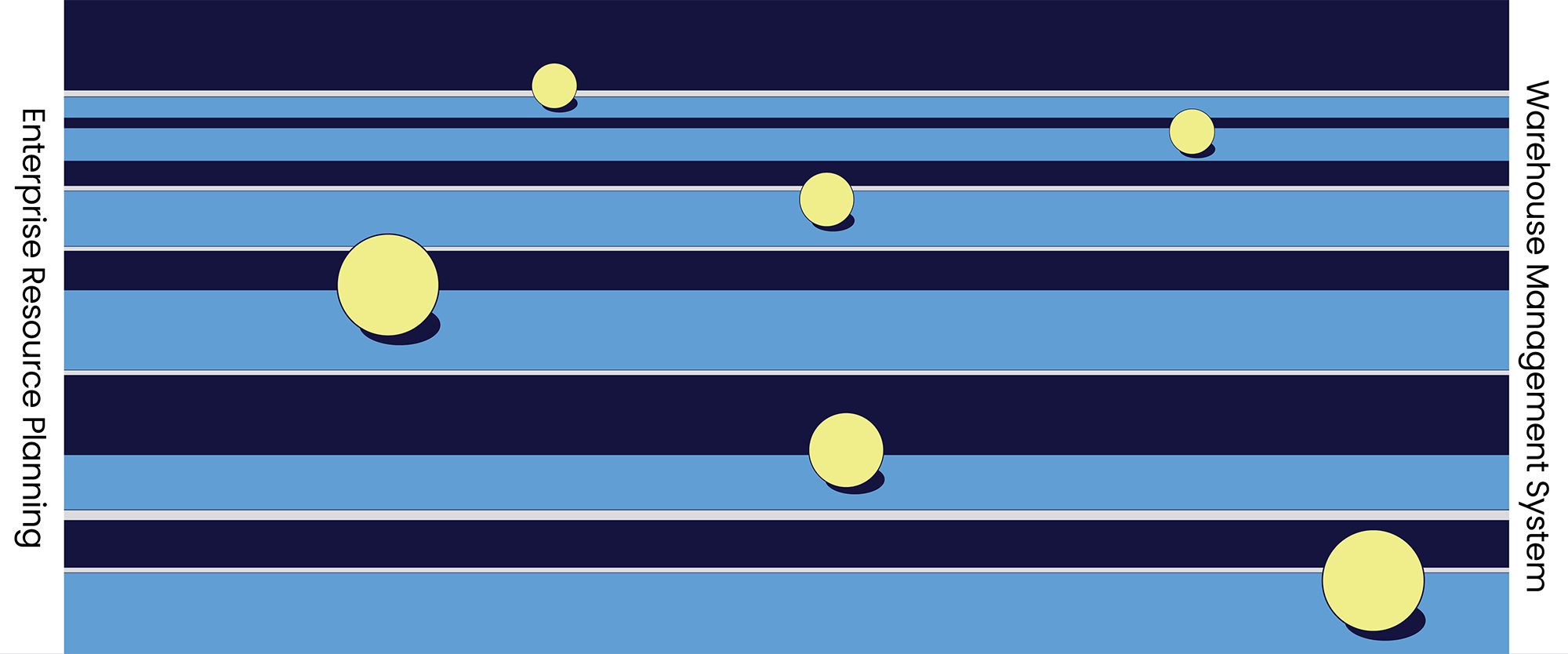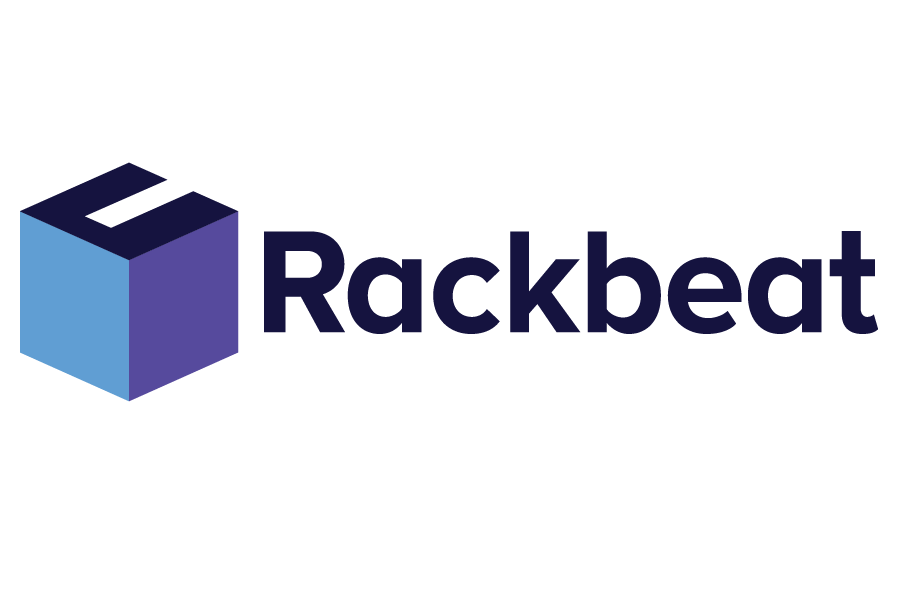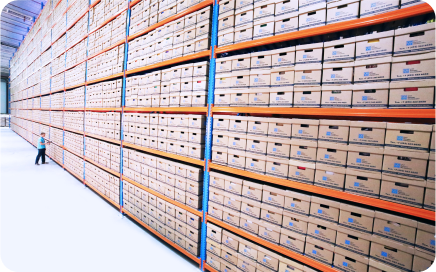What’s the difference between an accounting system, ERP and an IMS?
By Rackbeat October 10, 2022

Many companies utilize an accounting system such as e-conomic or Dinero to manage their finances. Others choose to use an ERP-system. Yet, what is the difference? And for what type of company will an Inventory Management System yield the most value?
To make the picture clearer, let’s explain the general terms.
Accounting systems manage your cash flows, including VAT and tax reports, and lend a helping hand for your financial auditing. This feature can also be included in an ERP-system.
Read more about Rackbeat’s integration to e-conomic here.
ERP (Enterprise Resource Planning) is a complete system or infrastructure allowing you to manage production, warehousing, purchasing, CRM and sales as well as finances. Thus, an ERP gives you a central hub for your business operations.
An ERP is often referred to as an accounting system; however, this is only a portion of what the system provides. As the name, Enterprise Resource Planning, suggests, the ERP incorporates all the company’s resources.
IMS (Inventory Management System) specializes in the administration of the warehouse and the path of the item throughout the supply chain. It provides you with an overview of your inventory and all the processes surrounding the handling of the product. A IMS can function independently, be integrated in the main ERP-system of the company, or be used alongside an accounting system.
Read more about IMS in our article “What is Inventory Management – and Why is it Important?”
ERP and IMS are identical – or are they?
The two systems share a lot of characteristics, and they are also capable of fulfilling the same needs, to a certain extent. So why shouldn’t you just handle your product flow in the ERP-system?
Intuitively, it may seem more profitable to handle your product flow along with the other functions in an ERP-system – especially if you already have invested in one; however, take a second to consider whether this is the ideal solution for your company.
“The first question we usually ask is: how critical is warehouse management for the value chain of your company? After all, it is the products that you profit from, and your warehouse management can make all the difference for your revenue.”
- Morten Bæhrenz, CEO & CO-founder of Rackbeat.
If the ERP-system and IMS were co-workers, their profiles would differ as:
- The ERP-worker is a multitasker with a financial background, focused on financial management, and therefore has an excellent overview of the company’s resources.
- The IMS-worker is generally speaking a specialist, always ready with an answer for all things related to the warehouse and supply chain. S/he has a direct line of communication to all the company’s departments, and the IMS-worker always provides you with live updates and is able to forecast your future needs.
Can I add my IMS to my ERP-system?
Affirmative. An ERP-system can, to a large extent, be tailored to suit your needs. Some companies are perfectly fine with the standard warehouse functions in an ERP-system. So, before you add extraneous features by purchasing warehouse-specific modules that you do not really need from your ERP-provider, you should answer the following questions:
- How critical is warehouse management for the value chain of my company?
- What is the cost of added licences?
- How will I manage updates and maintenance?
- How will my ERP-provider accommodate complex warehouse-specific functions in the future?
- Am I at risk of investing in a function that hinders flexible scaling?
- What options do I have in terms of integrations and the automation of processes?
It is difficult to make up concrete rules determining when an ERP-system is no longer able to satisfy your warehouse management needs. Yet, as a guiding principle, we can say that a IMS would be very advantageous for you if your company sells some kind of product. Imagine if you suddenly have the urge to drive off-road in your family’s stationcar. To fulfill that need, would you then decide to rebuild the gearbox or adjust the suspension? It is possible to do so, but it is not exactly the best way to go about it. Similarly, you could “go for a long ride” with an ERP-system, but if you have warehouse-specific needs, you will definitely get a more pleasant trip with a IMS in the passenger seat.
Thus, more and more companies prefer to add a cloud-based IMS to their ERP-system. This keeps your investments at a minimum and you can easily scale up and down in accordance with your future needs. This is the more user-friendly, efficient and modern way to gain a precise overview of your warehouse management – and it can be adapted for the present conditions of the market.
Overview: ERP vs IMS
| Warehouse modules in ERP | IMS | |
| Storage | Minor | Major |
| Business scope | Holistic | Customized |
| Adaptability | Generic solutions | User-defined solutions |
| Complexity of products | Homogenous and linear | Heterogenous variants |
| physical warehouse features (crane, miniload system, automatic) | Yes | Yes |
Is your company’s revenue dependent upon a concise warehouse management of multiple types of product? Then the IMS will serve as a great tool for you in a competitive market where even the minor things make all the difference.
Is it difficult to integrate your current ERP-system with a new IMS?
The short answer is no. There is no need to make it more complicated than it is. You should however be aware of the fact that not all warehouse management systems are identical. A modern, cloud-based IMS supports an Open API, which is compatible with most ERP-systems. An experienced provider will be able to solve most of the challenges your company might face. Thus, the resources you initially spend, to make the system operable, will soon be worth it due to the unique advantages it provides you with.
Aside from the technical implementation, there will also be a human adjustment involved. Because to make the most of your IMS, your employees need to be able to operate the system properly. You should therefore expect that your provider has a proper study course for your employees to learn all the stages of implementation. Furthermore, it should be adjustable to the level of the employee.
This is really important if they do not have experience with a similar system.
It may seem strenuous to change to, and learn how, a IMS operates. According to recent studies, it can even take up to 15 weeks to make the final decision to incorporate a IMS in your business. We therefore offer you a free trial run to test our product. You will thereby gain confidence in your new Rackbeat-system before you sign a subscription. We do not ask you to commit to anything before you are satisfied since we are confident in our product.
If you would like to see how your current set-up works with and heaps benefits from an integration with Rackbeat, then we offer you a free demo of the system. One of our inventory experts will give you a presentation of Rackbeat based on your workflows, setup and needs.

Choose the Right IMS – In the First Attempt
It is important that you choose the right IMS, inventory management system, that fits your specific business. Because if you invenst in a system that doesn’t really accomodates your needs, you’ll either have an insufficient toolk or, even worse, be paying for a system that you don’t really use.
This will cost you a lot of time and money.
That is why we have made this free guide to aid you when you are purchasing an IMS. It will prepare you to ask the right questions for the potential providers, so you can pick the best and most fitting IMS in your first attempt.
Download the guide right here.



